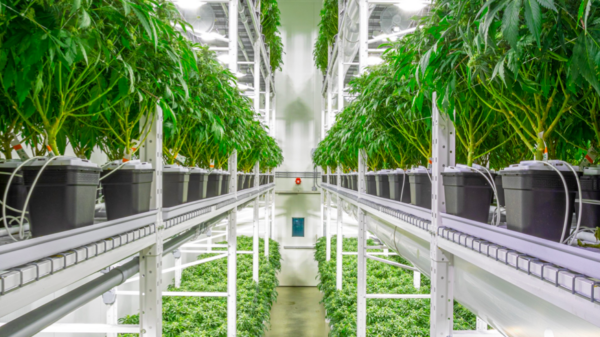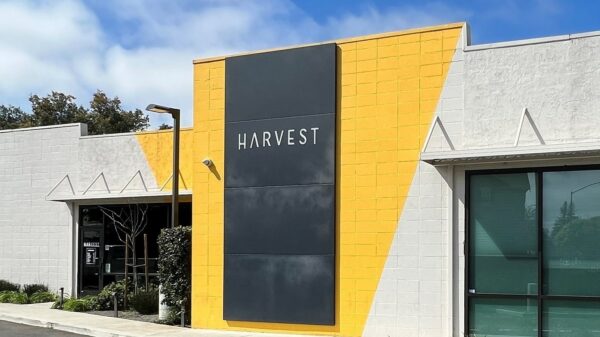Massachusetts regulators passed two new initiatives that will allow state residents to consume cannabis in cafes and get pot delivered to their homes.
The state’s Cannabis Control Commission (CCC) voted 4-to-1 to allow businesses to apply for public consumption and home delivery licenses that will cost $1,500 each, with a $10,000 annual renewal fee, according the a Springfield Republican report.
Steven Hoffman, chairman of the commission, said the home delivery permits could be considered within “a couple months,” but businesses will require approval at the municipal level as well. The two new types of licenses will be reserved for the first two years will be reserved for social equity applicants such as businesses run by minorities who have been disproportionately affected by cannabis prohibition.
The popularity of marijuana delivery is growing across the U.S. as legalization spreads. Companies like Oregon-based Dutchie are facilitating the delivery process for dispensaries, while the major pot retailer MedMen has launched its own home delivery service in California.
With Massachusetts regulators approving home delivery, companies should be able to reach more customers and increase sales.
But some critics are weary of the idea since legal pot shops have only been operating in the state for under one year.
Safety concerns have been raised as American marijuana businesses are forced to operate on cash-only basis, and delivery drivers would be considered vulnerable while hauling valuable cannabis products and hoards of cash. One local police chief believes marijuana home delivery is “a tragedy waiting to happen.”
Meanwhile, U.S. Congress passed a cannabis banking bill Wednesday that could alleviate the security issues by allowing cannabis companies access to banking services and offer credit card payment options. But the legislation still requires approval from the Republican-controlled Senate, which could take months before it is passed, if at all.
In the meantime, security protocols will be required in Massachusetts for the home delivery trucks, including alarms, secure storage areas, GPS monitoring devices and cameras. Also, deliveries will be limited with the hours of 9 p.m. and 8 a.m. And local governments will be able to block the home delivery option in their communities.
Because delivery drivers will be required to wear a body camera and record each transaction which will be accessible by law enforcement, privacy concerns have also been raised. But state regulators assured the footage would only be passed over to police in case of an emergency.
That's not pizza at your door, it's marijuana. The Cannabis Control Commission approved regulations that will allow marijuana home delivery services to operate legally within the state. https://t.co/mUCpgt6DN9
— masslivenews (@masslivenews) September 24, 2019
Pot cafes will take time
The commission also approved a pilot program to launch cannabis cafes in as many as 12 cities across Massachusetts. The move could also be a boon for the industry and unlock additional sales growth — all in a social environment — but the initiative is expected to take longer to get up and running.
The Republican reports the state’s Legislature will need to pass a measure that will allow local governments to establish rules around social consumption. And until those rules are established, the pilot program will be on hold.
The state regulators also understand each level of government will need to strike a balance between freedom and safety.
Steven Hoffman, Chairman of the Cannabis Control Commission
Marijuana cafes or lounges that are approved in the U.S. often come with a long list of regulations.
In Massachusetts, the rules will require businesses to inform consumers the ingredients and THC levels of the cannabis products they are consuming — especially when selling edibles. Also, smoking will only be allowed outdoors, proper ventilation systems will be needed, and cafes will only be allow to be open from 8 a.m. and 9 p.m.
Businesses may find it challenging to navigate through the regulations, but it could pay off for a company that’s looking to benefit from a long established element of cannabis culture.














